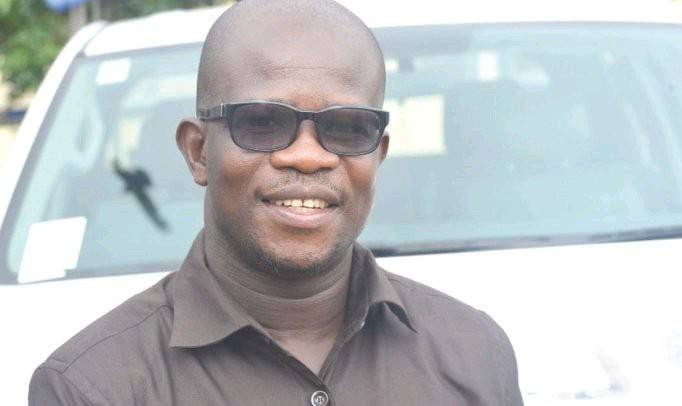As Ghana prepares for its upcoming elections, Professor Michael Kpessa-Whyte, a political scientist at the Institute of African Studies and the University of Ghana, has voiced significant concerns about the Electoral Commission's (EC) preparedness and transparency. Speaking on a national television program on November 30, he addressed issues that he believes could undermine the credibility of the electoral process. His concerns revolve around the recruitment of polling staff, logistical challenges, and the readiness of essential election materials.
Professor Kpessa-Whyte's primary concern is the lack of transparency surrounding the individuals the EC has recruited to oversee polling stations. He alleged that members of the New Patriotic Party (NPP), one of Ghana's major political parties, may have been recruited into critical roles, such as issuing ballots, inking voters, and verifying names on the register. According to him, these roles are vital to the integrity of the voting process, and any bias among the staff could potentially jeopardize the fairness of the elections.
"What makes this troubling," he explained, "is that political parties have not been informed about the identities of these individuals. We are just days away from the elections, and parties have no idea who will be at the helm of activities at polling stations. Transparency here is key to building public trust."
For Professor Kpessa-Whyte, this lack of disclosure fuels suspicions that individuals holding executive positions within political parties may have been strategically placed in these roles. If true, this could raise questions about impartiality and fairness in the electoral process, especially in a politically charged environment like Ghana’s.
Beyond transparency issues, the political scientist also expressed concerns about logistical preparations. He noted discrepancies in the distribution of biometric verification devices (BVDs), which are essential for ensuring that each voter is properly identified before casting their ballot. Using an example from the Asawase constituency, he pointed out that while there are 215 polling stations in the area, requiring at least 430 biometric devices for smooth operations, only 401 devices had been delivered as of his report.
“This shortage might not seem like a big deal on the surface, but it has serious implications. The EC says they will manage, but we must ask ourselves, at what cost? A shortage of these devices could lead to delays, long queues, and frustration among voters. Worst of all, it could cause people to leave without voting, effectively disenfranchising them,†he emphasized.
He warned that if these logistical issues are not addressed, they could disrupt the voting process. Long queues, faulty devices, and delays may spark public anger and reduce confidence in the election results. He urged the EC to provide more detailed information about how election materials are being distributed and how they plan to address any gaps.
In addition to equipment concerns, Professor Kpessa-Whyte called on the EC to ensure the functionality of the biometric devices ahead of time. According to him, past elections have shown that these devices are prone to technical issues. Without adequate testing and backups, polling stations could face significant challenges, further complicating the election process.
To resolve these challenges and boost public confidence in the elections, Professor Kpessa-Whyte recommended three key actions for the EC. First, he urged them to publish the list of polling station staff. This, he argued, would ensure transparency and provide political parties and the public with an opportunity to raise any concerns about potential biases.
Second, he called on the EC to provide clear and detailed information on how election materials, including biometric devices, have been distributed. Knowing which areas are well-equipped and which ones are lagging behind will help build trust in the EC's preparations and allow for early interventions if needed.
Finally, he stressed the importance of ensuring that all biometric devices are in good working condition before the election. According to him, adequate preparation and testing are the only ways to avoid disruptions and delays on voting day.
“It is in everyone’s best interest to ensure that the elections are free, fair, and transparent,†he concluded. “The Electoral Commission must take these concerns seriously, not just to enhance their own image but to protect the democratic process and the confidence of Ghanaians in their vote.â€
Professor Kpessa-Whyte’s statements have sparked discussions among political analysts, voters, and civil society organizations. Many believe that his concerns are valid and reflect broader anxieties about Ghana’s electoral process. As the election day approaches, all eyes will be on the Electoral Commission to see how it addresses these pressing issues.
Elections are a cornerstone of democracy, and ensuring their integrity is crucial. By addressing these concerns, the EC has an opportunity to show Ghanaians that their votes will be counted fairly and that the electoral process remains free from bias. Whether these recommendations will be acted upon remains to be seen, but the public’s expectations are clear: transparency, fairness, and thorough preparation are non-negotiable for a successful election.


